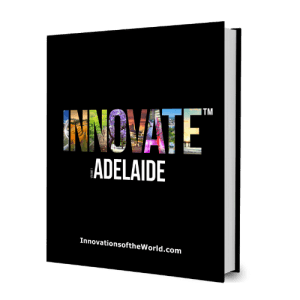In 2017 the Holden plant shut its doors, an economic powerhouse and driver of manufacturing within the state for over 50 years. It had followed the fate of the Mitsubishi plant by shutting its doors. It was a grim period, and a lot of things had to change across the manufacturing ecosystem to accommodate this change. 6 years on and we see life in the manufacturing sector.
Look around the state now, there is a buzz in the air, manufacturing is alive and well within South Australia. Defence is ramping up, Space is expanding – both are attracting major companies to the state and driving business for the manufacturing ecosystem.
Whilst we don’t make cars anymore, the expertise that drove that industry at Holdens, but more importantly in all the suppliers to these car companies, has not left the state. It has changed, shifted and re-imagined itself. Engineers are improving operations across the state. Driving small businesses and start-ups.
RM Williams has taken them and now has lean manufacturing for boots. They have ended up in other companies like MicroX, Valo, Redarc, Bustech EntX, Starke AMG – and they are driving new products and innovation.
Defence and space are providing reasons to invest and opportunities to grow. They are engaging in more R&D, driven by on shoring and gaining sovereign manufacturing capability.
These companies are looking to innovation to carry them forward. They are more ready to engage with universities and other research providers because the employees have done so in their previous rolls and see the value.
Universities can support manufacturers to realise their goals. I am bias – sitting in one of these research institutes, but the evidence is there. Associate Professor Bedford reported such in a 2021 study, companies that invest in innovation (through patents) are more profitable.
I work with all sizes of businesses. My longest industry collaborator ( SMR Automotive) has been over 19 years. SMR is a large multinational – tier 1 supplier to the automotive industry. Their local content has reduced, however, they have invested in innovation and integrated a moulding, lighting, electronics and coating capability to deliver world first products to automotive companies in North America and Europe.
SMR have also diversified making electronic components for other industriesand medical devices.Our research also supports start-ups like Three Peaks Medical and small businesses like MicroX – this includes new materials testing, quality testing, failure analysis and reverse engineering. The universities offer access to expertise and equipment. They can solve problems and can respond quickly, if short term action is required. However, engage with them in the long term and you can co-create a research capability that can drive business for the next 15 years. Look at SMR to see this effect.













